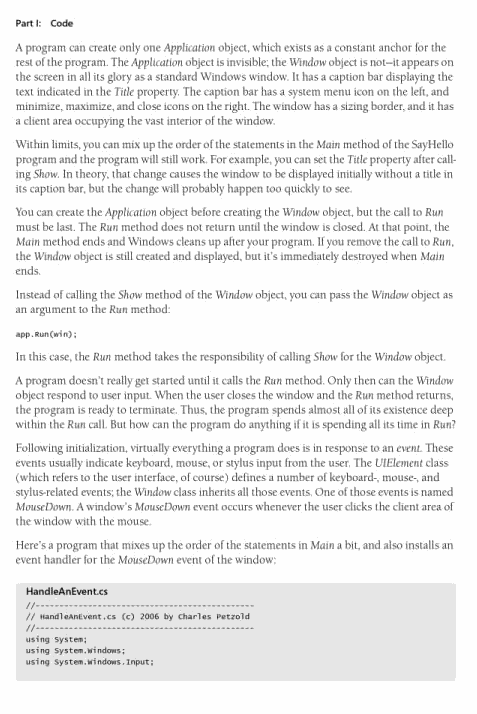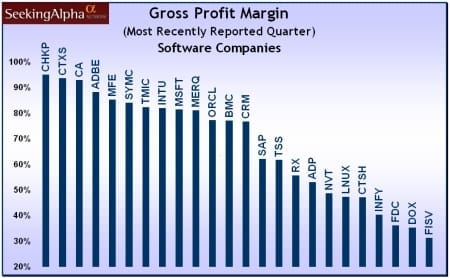
podcast
Coding Horror on .NET Rocks
It was my great honor to participate in this week’s episode of .NET Rocks! .NET Rocks! is a long running internet radio talk show for software developers that goes all the way back to 2002. I’ve listened to their shows off and on for years. They’ve interviewed






